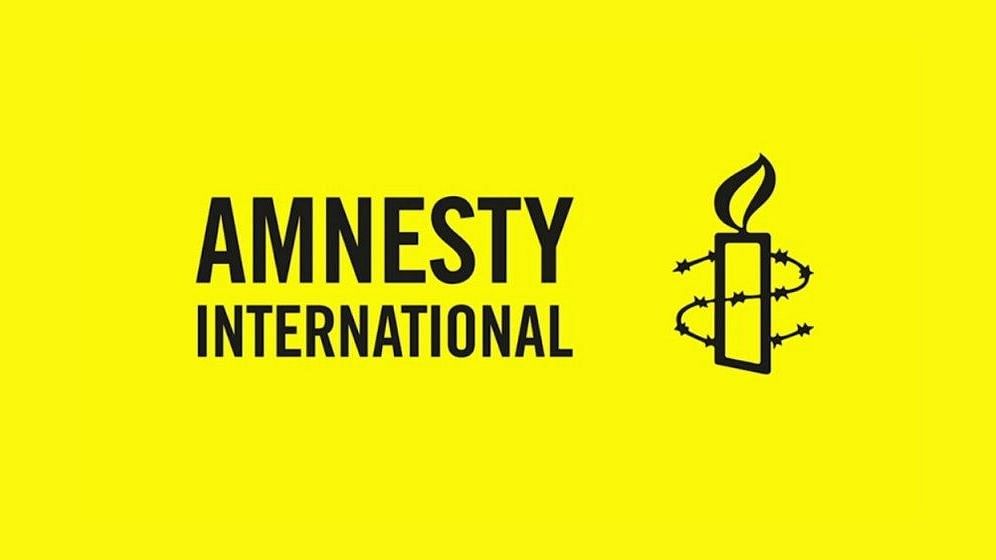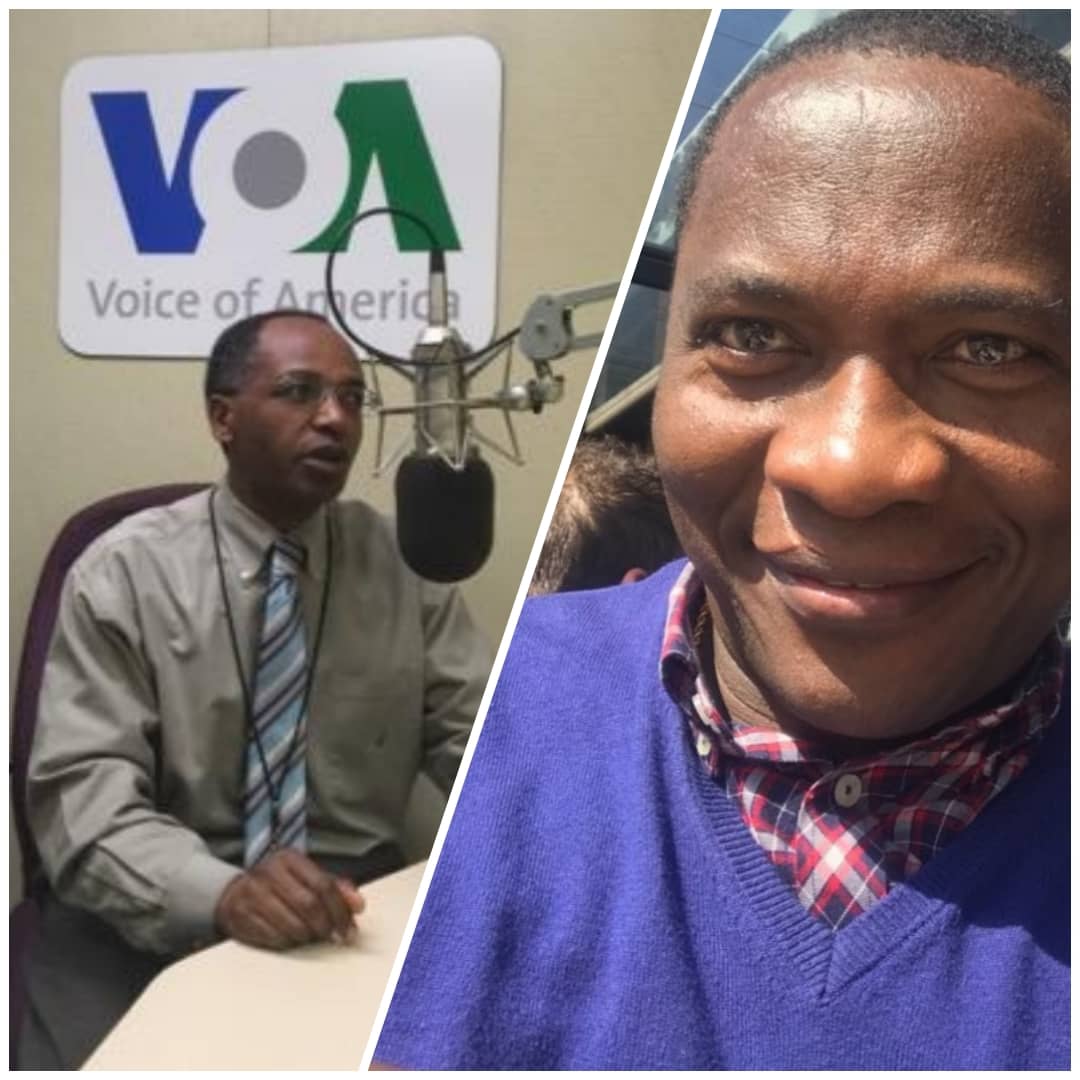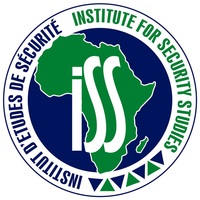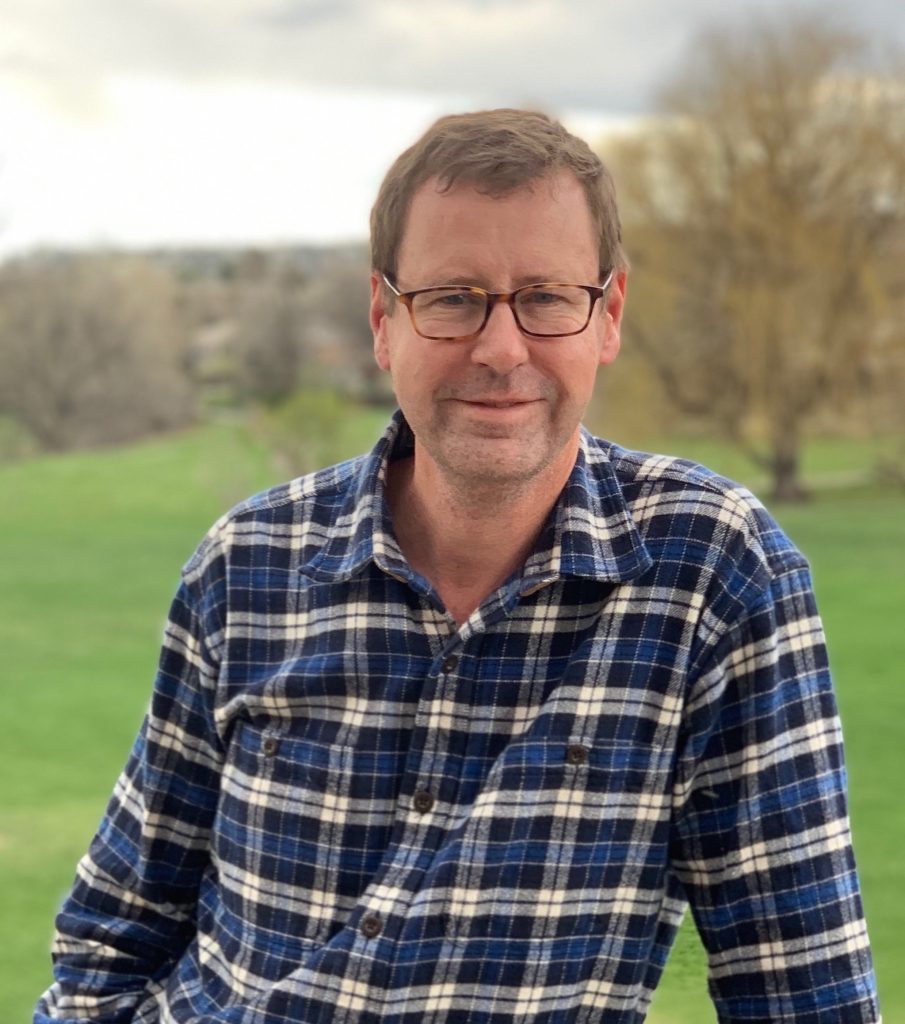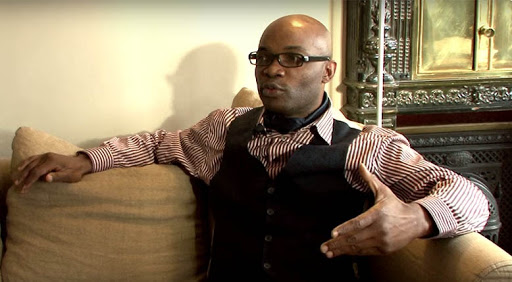International
The Mozambique Insurgency and the Conscience of the African Leader
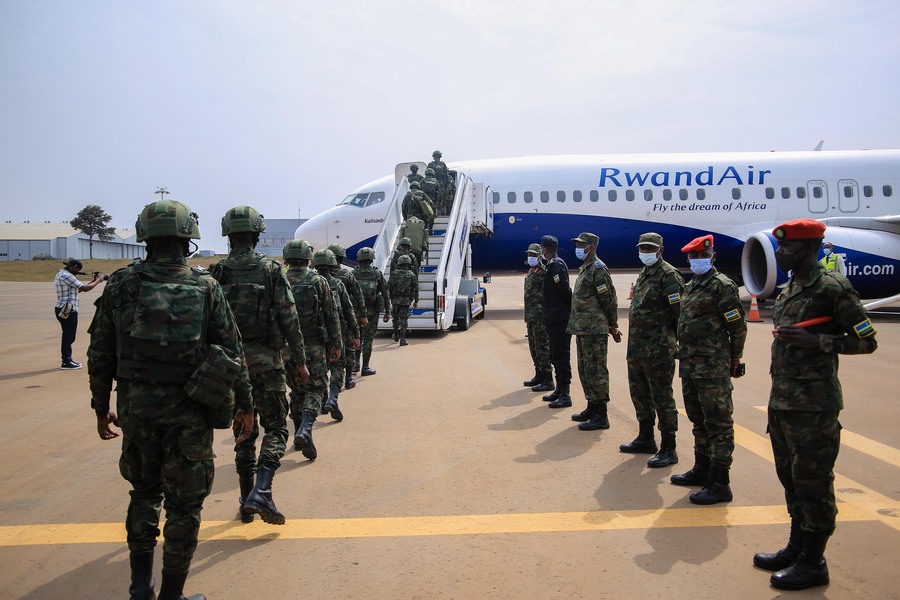
I have written in the past of the need to grow a conscientious
critical mass of Africans that believes in and defends the idea that the
African way of life – who we are, what we aspire to be, and how
to go about pursuing these aspirations – is valid despite the relentless
onslaught that seeks to remake African societies in the image of western
societies.
The diametrically
opposed interests, therefore, suggest that growing such a critical
mass in Africa is a task that cannot be outsourced to the very outsiders who
seek to remake Africa in their image, however benevolent they appear. If these
outsiders cared, they would have realised that our development objective –
socioeconomic and political – is not the westernisation of Africa (ns).
This quest for western culture and standards – Eurocentrism – is
not in the interest of Africans; neither is the desire to create a single
culture in the interest of humanity. Every society should be able to contribute
their ways of life to the table without any one of them being denigrated and
discredited as unworthy because to do so is to claim at once a people as being
unworthy of respect, which violates a basic human right. Accordingly, the most
urgent call in defence of the human rights of Africans ought to be the
affirmation of the African way of life as valid in equal measure as those of
other societies. But for a number of reasons, the assault on Africa’s dignity
has been normalised.
For one thing, there’s no one in charge of protecting African dignity. In as much as there’s a need for a critical mass of Africans for this purpose, there’s similarly a need for a critical mass of African leaders to nurture this pursuit. At no single time in post-colonial African history has there been more than a handful of African leaders with this clarity of purpose. This is the tragedy of Africa! Confronted with the reality of different levels of identity – ethnic, national, regional, continental – only few of them have been capable of transcending the first level.
Yet, this is the call to leadership. We fondly remember names
like Nkrumah, Nyerere, Sankara and Lumumba because they demonstrated the
wherewithal to transcend a parochial imagination of ethnicity, statism, and
regionalism, towards an African identity. This class of exceptional African
leaders can be contrasted with others – who are too many to name – whose
consciousness, imagination, and horizons of the possible couldn’t transcend
their immediate physical environment.
They could not give their people what they lacked, and it
follows that they could not be expected to nurture a transcendent consciousness
within their people. The tragedy is that this second category has been the norm
in terms of the quality of African leadership we have had. In-between the first
category and the second are those, still too few to constitute a movement, who
could attempt to raise their own consciousness to the level of the state. In
other words, the higher the ladder of political organisation – ethnicity,
state, region, continent – the more one is unlikely to encounter leaderships
with the requisite consciousness.
Frustration
Yet, the problems that arise from Africa’s fragmented states
cannot – without compounding them – be confronted with a fragmented mindset. In
other words, it must have been frustrating for Nkrumah, Nyerere, Sankara, and
Kenneth Kaunda to have a real meeting of minds with the likes of Kayibanda,
Habyarimana, Micombero, Kamuzu Banda, and the like, who were presidents in
title but “feudal lords” in practice. The latter group, consumed by ethnicity,
found themselves in positions that require higher-level consciousness, to
which, unsurprisingly, they could not live up to.
Not much has
changed. I
could sense this frustration in President Kagame’s interview with Pam Sittoni in 2019, the Executive Editor of Nation
Media Group. At the time, Kagame was Chair of the African Union. Sitoni asked
him about the initiatives the AU was pursuing and the challenges therein.
“You wonder why people cannot move faster and say that in pursuit of those
benefits, why don’t we do what we are supposed to do?” Kagame asked, before
pointing to the need to be practical and take things “step by step.”
Kagame was selected by his colleagues to oversee the AU reform process. However, it didn’t take long before they started backbiting him and sabotaging the very initiatives they had asked him to lead, accusing him of not consulting them and exporting “his authoritarianism” to the rest of Africa. During the day, these presidents were pan-Africanists who are eager to transform the African Union and turn it into an institution that reflected the aspirations of Africans; but in the dark, they are ready to sabotage.
In January 2019, as Kagame’s term was coming to a close and the elections in the DRC threatened to turn violent with signs of a looming civil war, the AU Chair held a crisis meeting. A decision was reached that an AU delegation, led by Kagame and Moussa Faki Mahamat, the Chairperson of the AU Commission, would travel to Kinshasa to try to cool things off.
They requested
that the Constitutional Court halts its ruling so that it does not pre-empt
their efforts. As soon as the court ruling was issued, the same AU colleagues
who had sent the Kagame-led delegation based on an agreed position, one by one,
began to send messages of congratulations, effectively sabotaging their
own resolutions that they had crafted only days earlier. By doing so, they had
allowed the urge to embarrass – petyness that should not belong amongst those
occupying the highest offices in the land of upright men and women – to
outweigh that of principle.
Now it is
Mozambique. The government in Mozambique has been fighting an Islamic
insurgency that is threatening to control large swathes of its territory and,
if not stopped, march to Maputo. Mozambique has been pleading for support only
to face months of dithering. When it reached out to Rwanda, it found a partner
ready to put paid to the rhetoric of pan-Africanism. Rwanda immediately
deployed a force of 1000 soldiers and police officers. South Africa’s Defence
Minister, Nosiviwe Mapisa-Nqakula, reacted thus: “The issue of Rwanda
deploying, that’s a bilateral matter between Rwanda and Mozambique.
But of course, it is unfortunate that that deployment [of Rwanda] happened before the SADC had deployed because whatever bilateral between Mozambique and Rwanda, you would have expected that Rwanda would be going in support of Mozambique in the context of a mandate that would have been given by the heads of state of SADC that there should be intervention in Mozambique. So, it’s unfortunate; it’s a situation we have no control over.” Clearly, anyone who has the interest of Africans at heart would not be primarily concerned with who “should have been there first.”
“Who should be
there first” is a question of consciousness. The contention over who should
arrive there first rather than the prioritisation of the protection of the
people of Mozambique demonstrates a lack of higher-order consciousness. In the
seminal work “Colonialism and the two publics in Africa,” the Nigerian
intellectual Peter Ekeh writes that Africans are yet to develop a national
consciousness of the post-colonial state because they are emotionally attached
to their ethnicity.
The two publics are the public sphere of national citizenship and the private sphere of ethnic belonging. Without attachment to the former, people exist as moral agents who are reluctant to preserve and protect it. They steal from it and take to the private sphere where they exist as moral agents, ready to protect, preserve and even die to ensure it thrives. In other words, in the subsconcious of Africans the colonial state belongs to colonizers. Ironically, even the colonizers still behave as if it is still theirs, to dictate to, and they are not prepared to let go. The challenge of leadership, therefore, was to transform the colonial state to the kind that Africans could identify with as theirs, for it to become an African creation.
It is indeed the paucity of leaders of a higher-order consciousness that the state remains colonial and retains the exploitative and violent instincts, which in turn reinforces feelings of ethnic rather than national belonging. It has been too much to ask of a leader whose consciousness is still at the private realm to embark on the task of forging indivisible national citizenship/consciousness. A higher-order imagination for regional and continental integration in Africa has been near impossible. Further, a leadership without a transcendent consciousness could not be expected to nurture a critical mass to preserve the African way of life in the face of a persistent western onslaught.
On the contrary, far too many African leaders have encouraged those whose actions suggest that the African way of life is pathological and who see themselves as divinely mandated to cure Africa of this pathology by remaking us in the western image, itself a pathology of Eurocentrism that is trotted around as a noble contribution to humanity.
It is treasonous that African leaders continue to entertain this
circus that delays the emergence of the critical mass needed to preserve the
African way of life as a valid and worthwhile endeaveor for which Africans
ought to be prepared to live and die, in similar fashion as their emotional commitment
to what Ekeh calls “the private realm of ethnicity”.
Ekeh’s thinking is instructive in understanding the response to
the unfortunate events unfolding in Mozambique. Leadership at the national
level that is unable to expand the horizons of consciousness to the regional or
continental level is partaking in an amoral private endeavour.
It cannot be expected to confront challenges that require a higher-order consciousness in the moral realm. The Chinese – for whom it is currently in fashion to talk about emulating – have a system of governance that prevents the rise of civil servants to leadership positions that are above the consciousness they are able to muster. A lot of damage would have been avoided had Africans thought of the same. It’s never too late.


